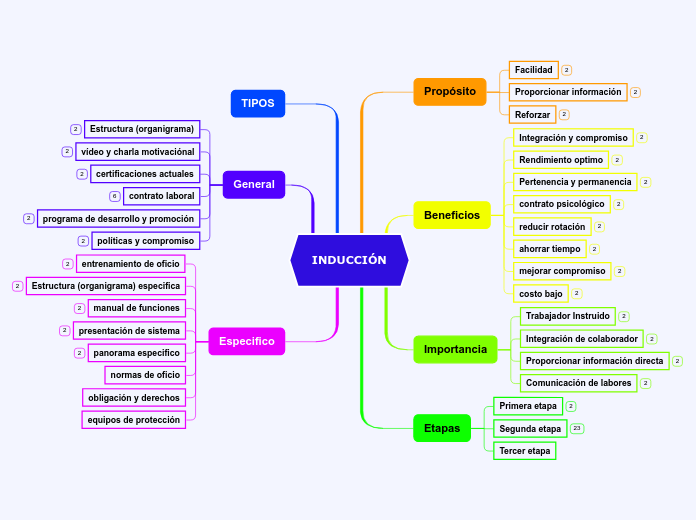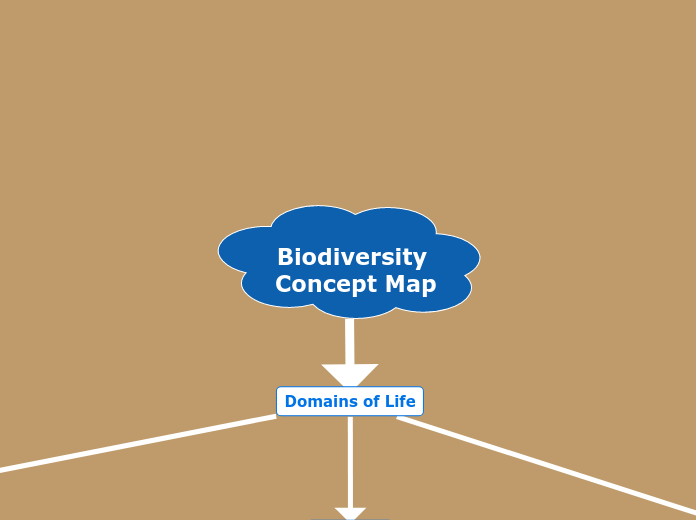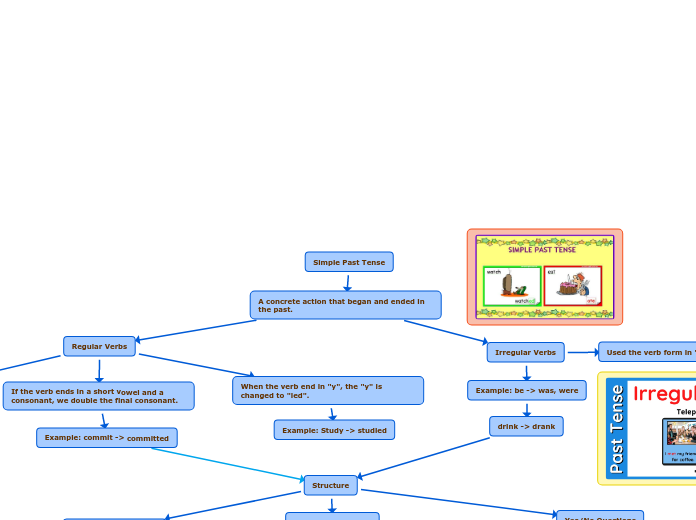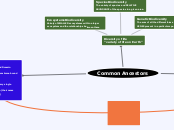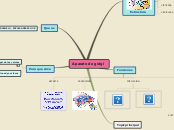INDUCCIÓN
The part of speech is a category to which a word is assigned according to its syntactic functions. In English the main parts of speech are noun, pronoun, adjective, determiner, verb, adverb, preposition, conjunction, and interjection.
Especifico
A preposition is one of the most exciting parts of grammar. A preposition is used to describe the location of something in relation to something else.
equipos de protección
obligación y derechos
normas de oficio
panorama especifico
A group of words used with the force of a single preposition is called phrase preposition.
according to, by means of, owing to, with a view to, in place of, in front of, etc.
presentación de sistema
Participle preposition consists of words that end in “ing”.
regarding, barring, concerning, considering, etc.
manual de funciones
When a preposition consists of more than one word, it is called double preposition.
into, within, upto etc.
Estructura (organigrama) especifica
Compound preposition consists of two or more words.
on behalf of, according to, in front of, from across, etc.
entrenamiento de oficio
When a preposition consists of one word it is called single or simple preposition.
in, at, on, to for, of, from, up, after, over, under, with, etc.
General
An adverb is used to describe a verb, but it can also describe an adjective or another adverb.
Adverbs normally help paint a fuller picture by describing how something happens.
políticas y compromiso
Especially, Specifically, Merely, Either
programa de desarrollo y promoción
A lot, Little, Much
contrato laboral
The intensifiers strengthen adverbs adjectives and adverbs and down- toners make them weaker.
down-toners
Fairly, Rather
intensifiers
Extremely, Very
certificaciones actuales
Just, Afterward, Soon, Currently
vídeo y charla motivaciónal
Always, usually, Never
Estructura (organigrama)
Carefully, Slowly
TIPOS
A numeral is a word or phrase that describes a numerical quantity.
Some theories of grammar use the word 'numeral' to refer to cardinal numbers that act as a determiner to specify the quantity of a noun, for example the 'two' in 'two hats'.
Etapas
An adjective is a word that's used to describe a specific noun and to provide more detail to the listener.
Tercer etapa
Segunda etapa
Superlative adjectives demonstrate a higher level of comparison between entities.
She is the prettiest princess.
Primera etapa
Expresses a comparison between two entities or groups of entities in quality or degree.
He is taller than she is.
Importancia
A noun is defined as a person, place, thing or idea. Proper nouns always begin with a capital letter. Common nouns, which are general words, such as 'cars,' are not capitalized.
Comunicación de labores
Compound nouns are words where two nouns have been stuck together to make a new noun. Compound nouns should be written as one word, without a hyphen.
Candlestick
Proporcionar información directa
A noun which refers to a group of things/people.
Family, Class
Integración de colaborador
Countable nouns are nouns that can be counted, even if the number might be extraordinarily high.
Uncountable nouns are nouns that come in a state or quantity which is impossible to count; liquids are uncountable, as are things which act
like liquids.
Cats, Rain
Trabajador Instruido
Proper nouns are the names of specific people or places. They should always begin with a capital letter.
Mary, Paris
Beneficios
A pronoun is a word that can be used in place of a noun, typically after the noun itself has already been stated.
costo bajo
Unlike demonstrative pronouns, which point out specific items, indefinite pronouns are used for non-specific things. This is the largest group of pronouns. All, some, any, several, anyone, nobody, each, both, few, either, none, one, and no one are the most common.
None, Several
mejorar compromiso
Relative pronouns are used to add more information to a sentence. Which, that, who (including whom and whose), and where are all relative pronouns.
Which, Where
ahorrar tiempo
Interrogative pronouns are used in questions. Although they are classified as pronouns, it is not easy to see how they replace nouns. Who, which, what, where, and how are all interrogative pronouns.
Which, Who
reducir rotación
Reciprocal pronouns are used for actions or feelings that are reciprocated. The reciprocal pronouns are each other and one another.
Each other, one another
contrato psicológico
A reflexive pronoun ends with ...self or ...selves and refers to another noun or pronoun in the sentence (usually the subject of the sentence). The reflexive pronouns are myself, yourself, herself, himself, itself, ourselves, yourselves, and themselves.
Itself, Himself
Pertenencia y permanencia
Demonstrative pronouns are used to demonstrate (or indicate). This, that, these, and those are all demonstrative pronouns.
This, These
Rendimiento optimo
Possessive pronouns are used to show possession. The possessive pronouns are mine, yours, his, hers, ours, and theirs.
His, Your
Integración y compromiso
The personal pronouns are I, you, he, she, it, we, they. More often than not (but certainly not always), they replace nouns representing people.
He, They
Propósito
A verb is an action word or 'doing' word that signifies movement in some way.
Reforzar
A modal is a type of auxiliary (helping) verb that is used to express: ability, possibility, permission or obligation. The main modal verbs in the English language are: can, could, may, might, must, shall, should, will, would.
I might go to the park if I get my homework done.
Proporcionar información
A linking verb connects the subject with a word that gives information about the subject, such as a condition or relationship.
You look exhausted after studying all night.
Facilidad
A verb with its own meaning: a verb that is not an auxiliary verb.
Create sentences
They have it.
